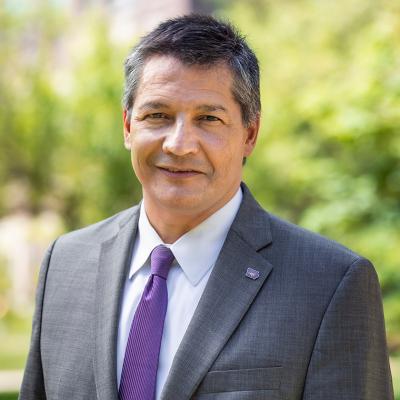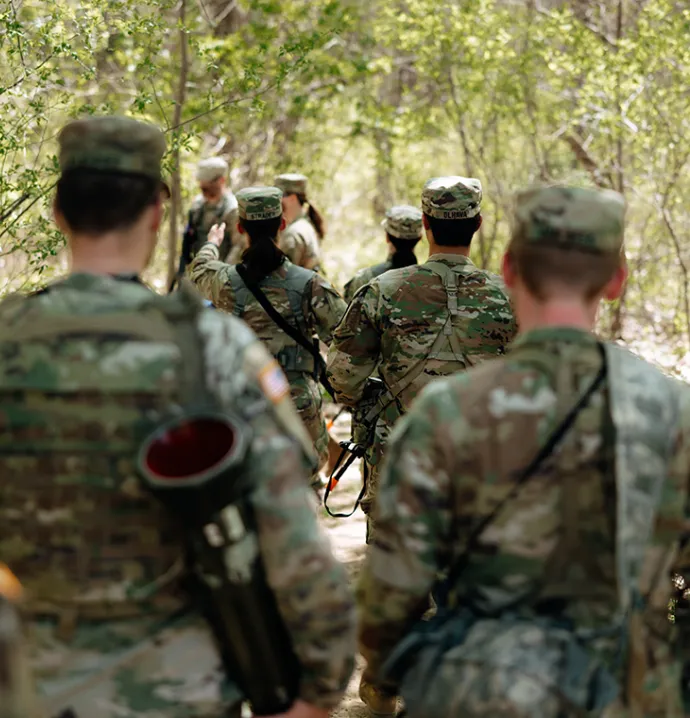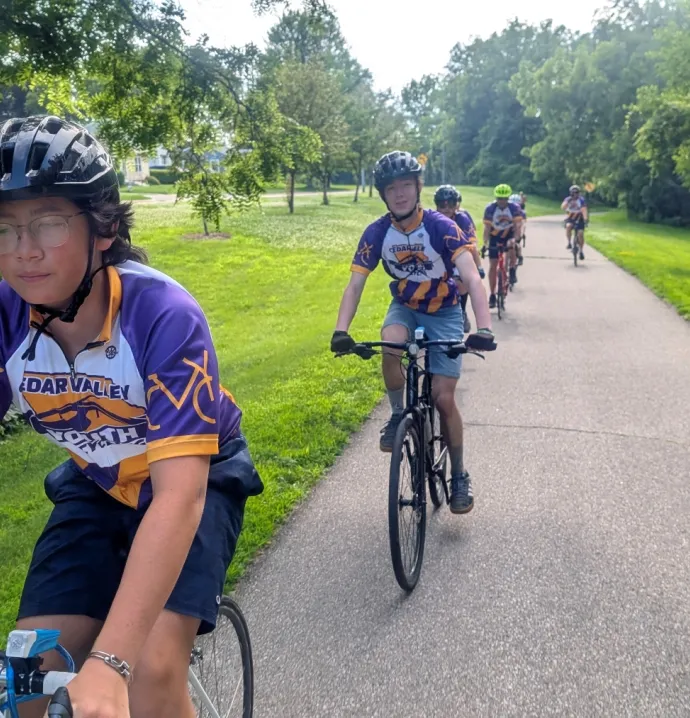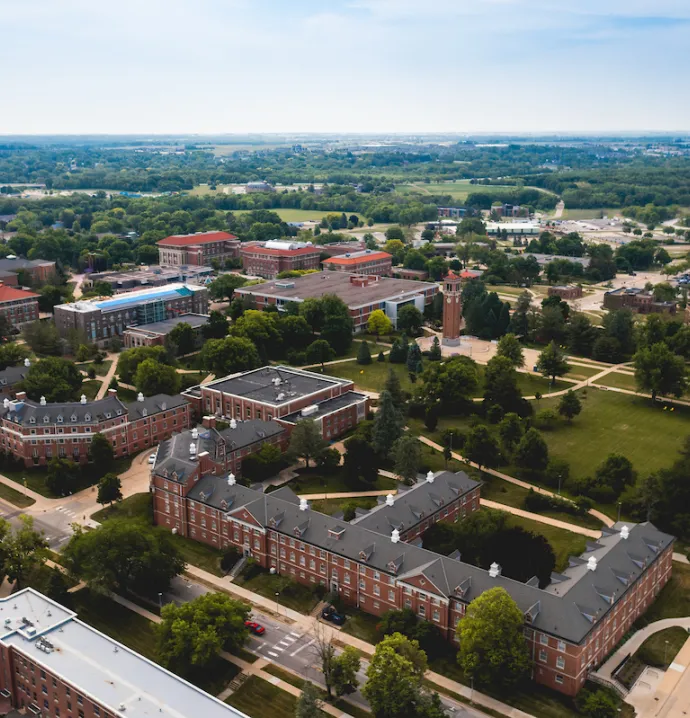Changing trajectories
Changing trajectories
As a first-generation college graduate whose unexpected path led from Chicago’s rough Southwest Side to a career in science and academia, UNI’s new Provost Jose Herrera understands the power of small changes to transform lives.
Herrera, 53, grew up in Chicago’s Little Village neighborhood in the shadow of the hulking Cook County jail complex. His parents encouraged Herrera to work hard and stay away from the violence that was an ever-present menace. A college degree never really came up.
But small nudges at the right time - a grammar school teacher who insisted Herrera apply to a brand-new public magnet school, a professor who suggested he apply for a graduate science fellowship, helped set Herrera on a path to uncover his potential. As the new provost, Herrera hopes to help improve UNI’s ability to provide those transformational moments for students.
“Very small changes in the structure of educational systems can have a rather large effect on the success rates of students,” he said. “It’s these small nudges that change a person’s trajectory - maybe only three or four degrees, but over time that means a huge difference in where you end up in this world.”
Improving measures of success for all UNI students and increasing the number of Panthers enrolled each year will be Herrera’s focus. He plans to start by listening to faculty, staff, students and community.
“I think I am a collaborative leader open to new ideas,” Herrera said. I'd like for smarter people than I to be around the table. When we make a collaborative decision, I think we're more likely to get it right more often than not.”
Helping make UNI a more inclusive place is also a top priority.
“We want things to be equitable,” Herrera said. “So the likelihood of my success and another person’s success is just about as equal as we can get it. That doesn't necessarily mean that everyone gets the same thing. We have to make sure that students get what they need in order to be successful.”
UNI President Mark A. Nook said Herrera has hit the ground running. “It’s been wonderful welcoming Jose to our campus,” Nook said. “From day one, he has really engaged our campus and surrounding community. He has been listening carefully and learning about our needs, challenges, and opportunities as an institution. Jose is engaged in the work of enhancing our impact on the people, industries, and communities we serve, and to making UNI an even better institution committed to the success of our students, faculty, and staff.”
A Path to College
His family’s Chicago roots originated with his grandfather, a migrant farmworker who worked in California and, later in his life took a job bussing tables at the Palmer House hotel in downtown Chicago. Herrera’s father worked as a janitor; his mother held factory jobs.
The first trajectory shift in Herrera’s life came in grammar school when a teacher suggested he apply for a spot at Whitney Young High School. The then-brand-new public magnet school, now well-known in Chicago for its stellar academics, counts former First Lady Michelle Obama (a senior when Herrera arrived) among its famous alums.
Herrera did more than just succeed there, surprising even himself by graduating early at age 15. It was an outcome he believes never would’ve happened if he’d attended his neighborhood high school. The school was an epicenter of gang violence. Several of Herrera’s close friends lost their lives to that violence during his grammar school years.
“It was by the grace of God (that wasn’t me),” Herrera said. “I was always one bad decision away from not existing.”
Herrera settled on Northern Illinois University for college. He won a scholarship and worked as a residence assistant to pay his own way, sticking with school even in the face of pressure to return home and help in a restaurant his family had started.
“I come from a family of working-class people that really struggled to get by back when it was much easier to be able to afford college,” Herrera said. “Today college is a very different calculation for families, and certainly for students in lower socioeconomic tiers, regardless of their color, but particularly for Black and Brown students. These are the kinds of decisions that really serve as barriers to getting into places like UNI. We want to help.”
Originally a computer science major, Herrera switched to biology after seeing a professor’s dynamic lecture light up a lecture hall and realizing science was something he could do, too. He graduated magna cum laude in 1988 and then completed an NIU master’s degree in biology.
An NIU professor encouraged him to apply for a National Science Foundation fellowship, which Herrera won, setting him on a research path. “That made the difference between me going into science or not,” he said.
His next stop was Kansas State University, where he earned his microbiology doctorate in 1996.
He met his wife, Becky, there while serving as a TA in an autotutorial biology class. The couple has three children and will celebrate their 25th wedding anniversary next January.




